Steve Buscemi, Twiggy and the filmmakers shaping Evolution Mallorca International Film Festival 2025
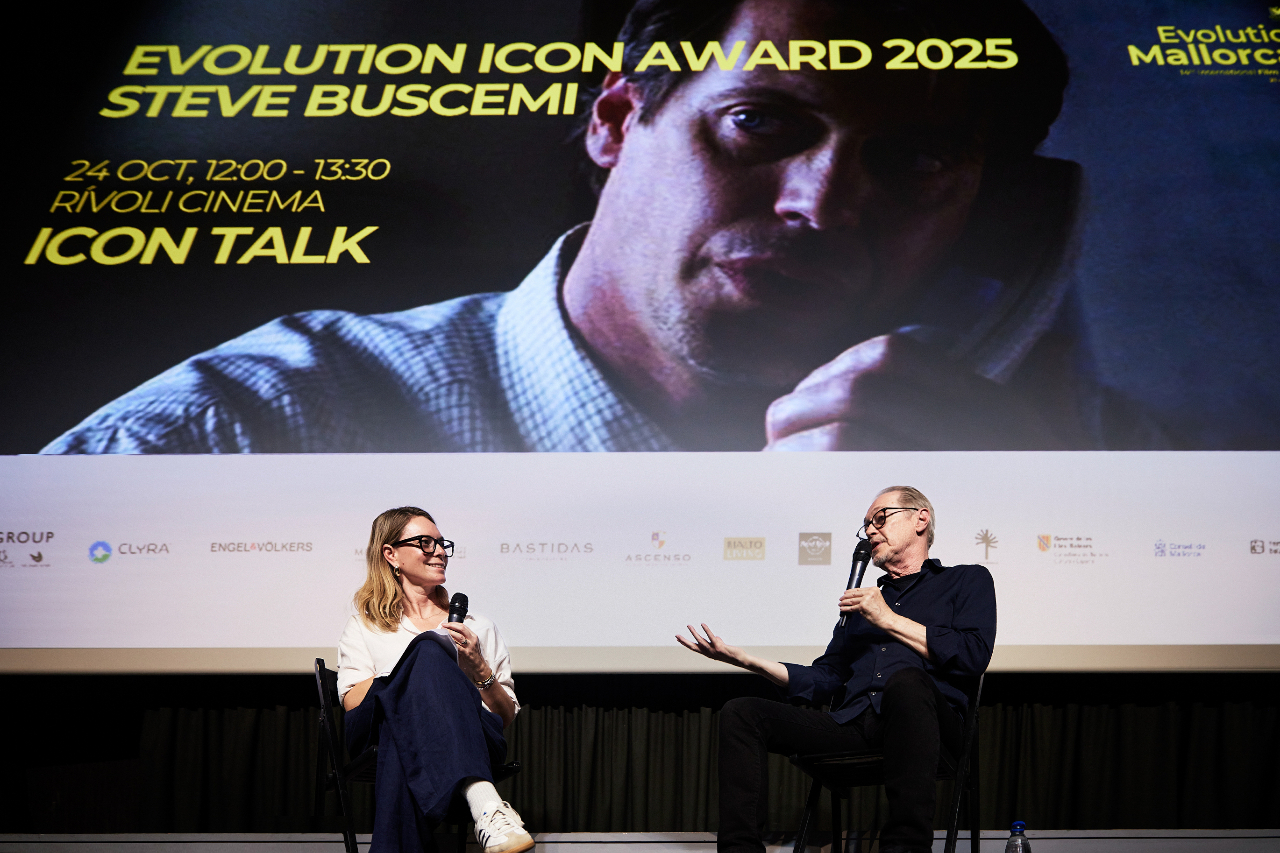
Completing its 14th edition, the Evolution Mallorca International Film Festival once again brought a wave of creativity to the golden Balearic autumn. Among the cobbled streets of Palma, at venues ranging from the historic Rivoli Cinema to the repurposed CineCiutat complex (once an old butchery) and the nostalgic drive-in at Port Adriano, audiences gathered to celebrate stories of authenticity and reinvention from all over the world.
The programme combined screenings with live talks and hands-on cinematography masterclasses, attracting filmmakers eager to refine their craft behind the camera. The opening night paid tribute to three remarkable artists: Steve Buscemi, whose quiet, sharp humour continues to bridge independent film and mainstream storytelling; Ingrid García Jonsson, celebrated as one of Spain’s brightest acting talents; and Phedon Papamichael, the acclaimed cinematographer whose work embodies the visual poetry of the medium. This year’s screening selection featured a striking mix of international and independent output, including Los Domingos (Sundays) by Alauda Ruiz de Azúa and Father Mother Sister Brother by Jim Jarmusch – each exploring family, identity and human fragility in entirely different cinematic languages.
At the heart of the festival’s vision is founder Sandra Lipksi, who studied acting and producing in Los Angeles but has deep roots in Mallorca, where she lived for several years. Spain has a rich cinematic heritage, with makers such as Pedro Almodóvar and actors like Penélope Cruz and Javier Bardem shaping its legacy, and Lipski’s vision was to bring the storytelling energy of global moviemaking to the Balearic Islands, where she has worked tirelessly to build a creative community and attract international talent.
In 2016, she famously recruited Danny DeVito after featuring his son’s short film – an encounter that set the precedent for the fantastic roster that continues to define the event today. Her mission also includes promoting Mallorca as a film-friendly destination, highlighting its scenic potential, as demonstrated in productions such as The Crown and Cloud Atlas. Beyond its impact on the industry, the festival reinforces the island’s cultural identity and supports sustainable tourism by encouraging visitors to experience Mallorca beyond the beaches, through its light, architecture and sense of place.
The highlight of EMIFF was Steve Buscemi, an icon of American movies whose portraits of complex and unsavoury characters such as Mr Pink in Reservoir Dogs and Jerry in Fargo have long fascinated audiences. As we sat down for the interview, he reflected on his long collaboration with Martin Scorsese, noting that Boardwalk Empire was not their first encounter, as they had previously worked together on New York Stories. Preparing for the role of Enoch Thompson, he recalled, was an enlightening experience: “Scorsese is truly a renaissance man,” he said, “with a knowledge that stretches far beyond cinema into history, art and music.”
In Mallorca, he presented his new dark comedy, Psycho Therapy, in which he plays a retired serial killer who unexpectedly finds himself in couples’ therapy. Shot in New York – the city where Buscemi was born, raised and created much of his oeuvre alongside his late wife, artist and filmmaker Jo Andres – the result carries a distinctly intimate tone. During his masterclass, the industry gem spoke with touching candour about Andres’s influence on his visual sensibility, his voice softening as he described how her aesthetic eye helped shape his own. It was one of those rare moments when life and art seemed to merge completely. Buscemi’s words about mentorship, artistry and the exchange of ideas were a perfect illustration of what the growing festival stands for: a space where creative minds meet, inspire one another and continue to redefine cinema.
Among the standout premieres were Twiggy, directed by Sadie Frost, and Depeche Mode: M by Fernando Frías, two deeply personal productions exploring fame, identity and devotion. Frost’s drew laughter and nostalgia as the eponymous supermodel recalled how her iconic haircut “happened by accident”, capturing the spontaneity that defined her rise as a cultural icon. Frías, meanwhile, explored the intersection of music, memory and mortality, portraying the band’s bond with their fans against the backdrop of Mexico’s Day of the Dead.
In a later conversation, Twiggy reflected on her unexpected rise from a shy London schoolgirl to global icon, expressing pride in her diverse achievements beyond her 1960s fame. Director Sadie Frost discussed the personal nature of crafting the documentary, weaving archival material with Twiggy’s narrative. Both highlighted the emotional resonance of revisiting the era, celebrating its cultural impact and the enduring influence of pioneering women.
Phedon Papamichael spoke about receiving the Icon Award at the Mallorca Film Festival, highlighting his collaborations with James Mangold and the creative synergy found in projects like the Bob Dylan biopic A Complete Unknown. He emphasised adaptability, letting performances guide cinematography, and avoiding rigid preconceptions. Influenced by European auteurs, he advised aspiring filmmakers to find like-minded collaborators and follow passion over commercial gain.
Fernando Frías discussed his documentary Depeche Mode: M, exploring mortality through the band’s concerts in Mexico and the nation’s unique relationship with death. He highlighted blending live performance with poetic reflections, collaboration with cinematographer Damián García, and the balance between documentary and fiction. Frías also shared insights on creative openness, the current film industry, and advice for aspiring filmmakers.
Ingrid García Jonsson reflected on her career highlights, embracing challenging and unconventional roles that demand transformation. She emphasised connecting with characters emotionally, building performances from an authentic core. Ingrid acknowledged the difficulties of portraying real people, the inspiration drawn from admired actresses, and the importance of film festivals in building community and supporting new talent. She aspires to collaborate with visionary international directors.
Beyond the screenings, the festival’s surroundings added to the sense of creative immersion. Palma’s old town, with its winding streets and layered architecture, offers access to the historic train connecting Palma to Sóller, the Miro ceramics and a number of restored palacios and manor houses that showcase the city’s heritage. Casa Solleric, now a contemporary art gallery, and the Palau March Museum, built in the grand Mallorquin and Italian Baroque style, stand as striking examples of how history and creativity coexist in harmony.
The enduring appeal of Mallorca continues to attract artists and filmmakers, and the festival reflects that spirit. More than an annual event, it serves as a celebration of imagination, resilience and connection, bringing together stories from around the world in a setting defined by its Mediterranean light.
Ambra Vernuccio
Photos/videos: Ambra Vernuccio
The Evolution Mallorca International Film Festival was on from 21st until 29th October 2025. For further information and future events, visit here.

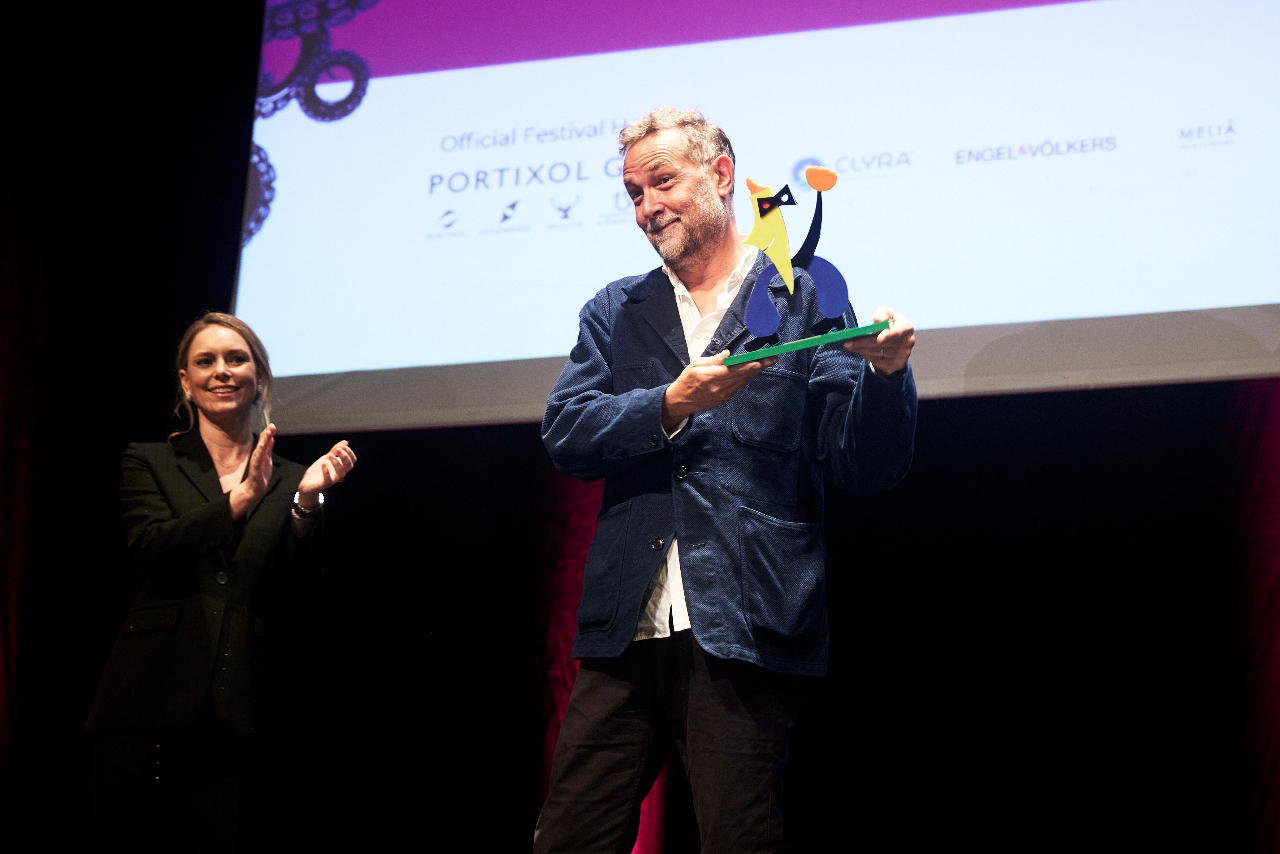
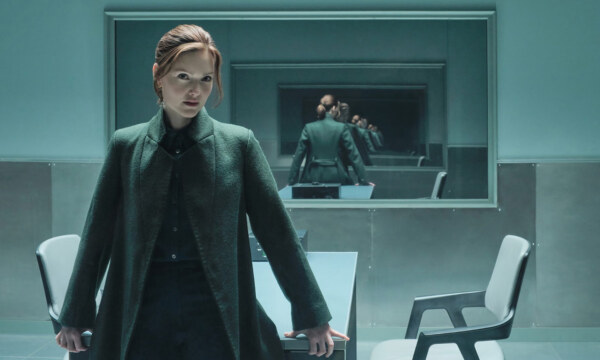
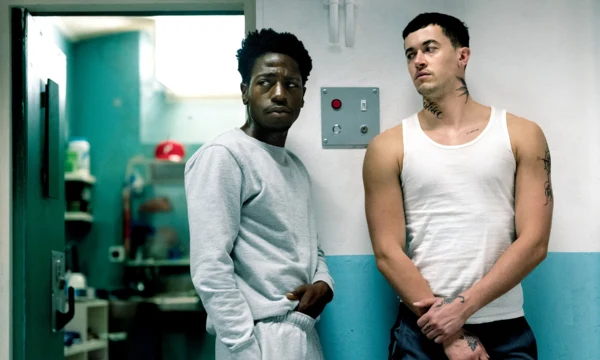
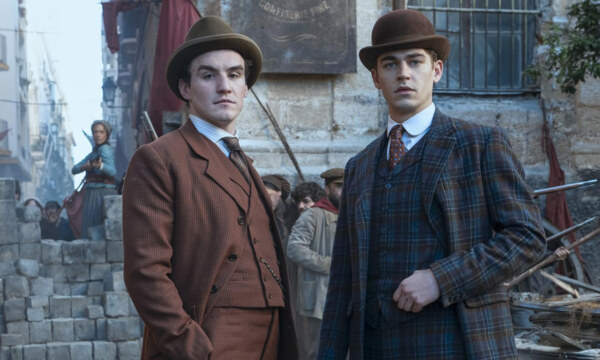
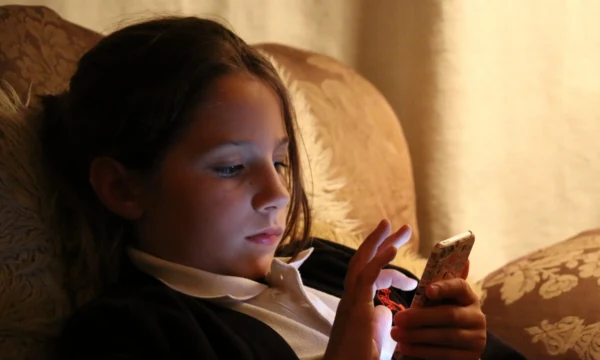
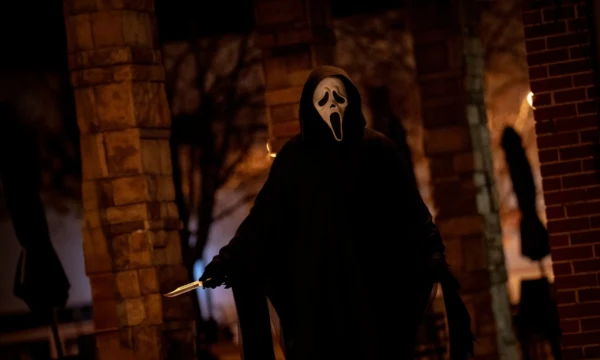
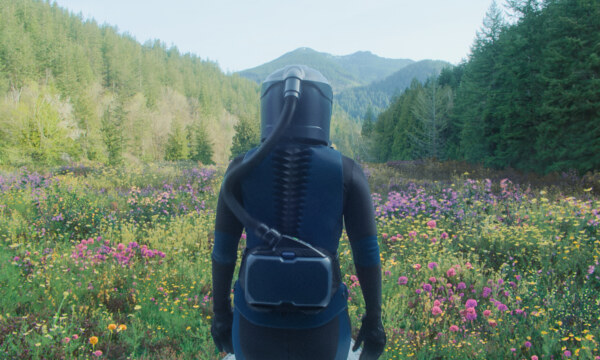
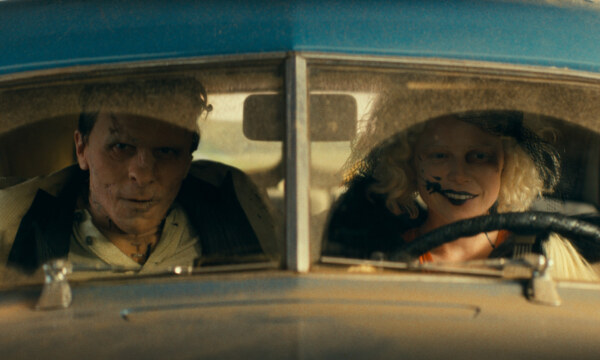
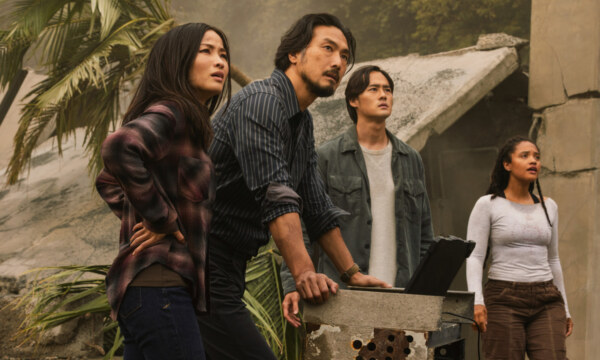

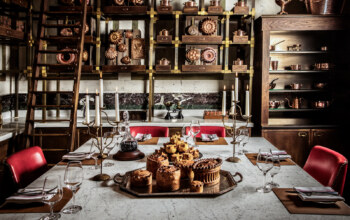
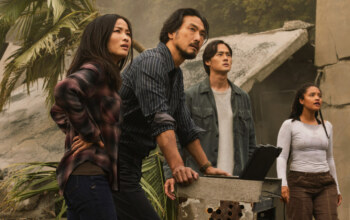
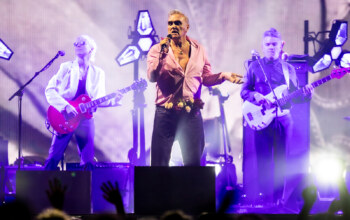
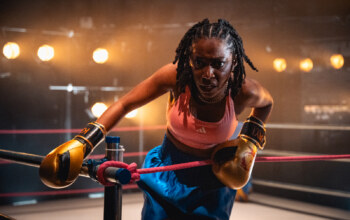
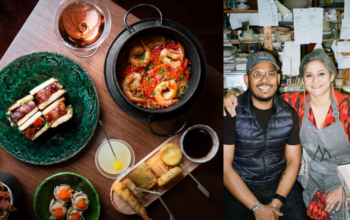
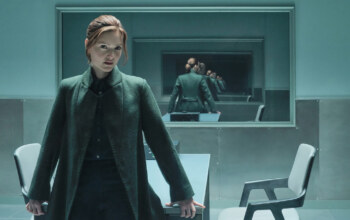

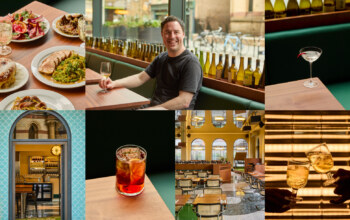

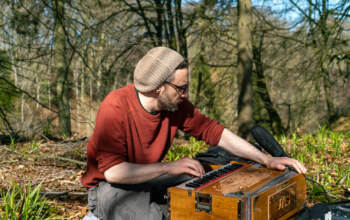
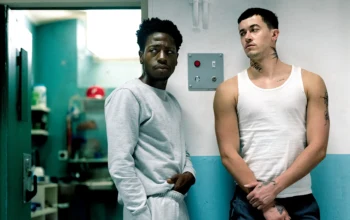
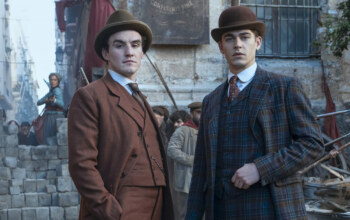
Facebook
Twitter
Instagram
YouTube
RSS